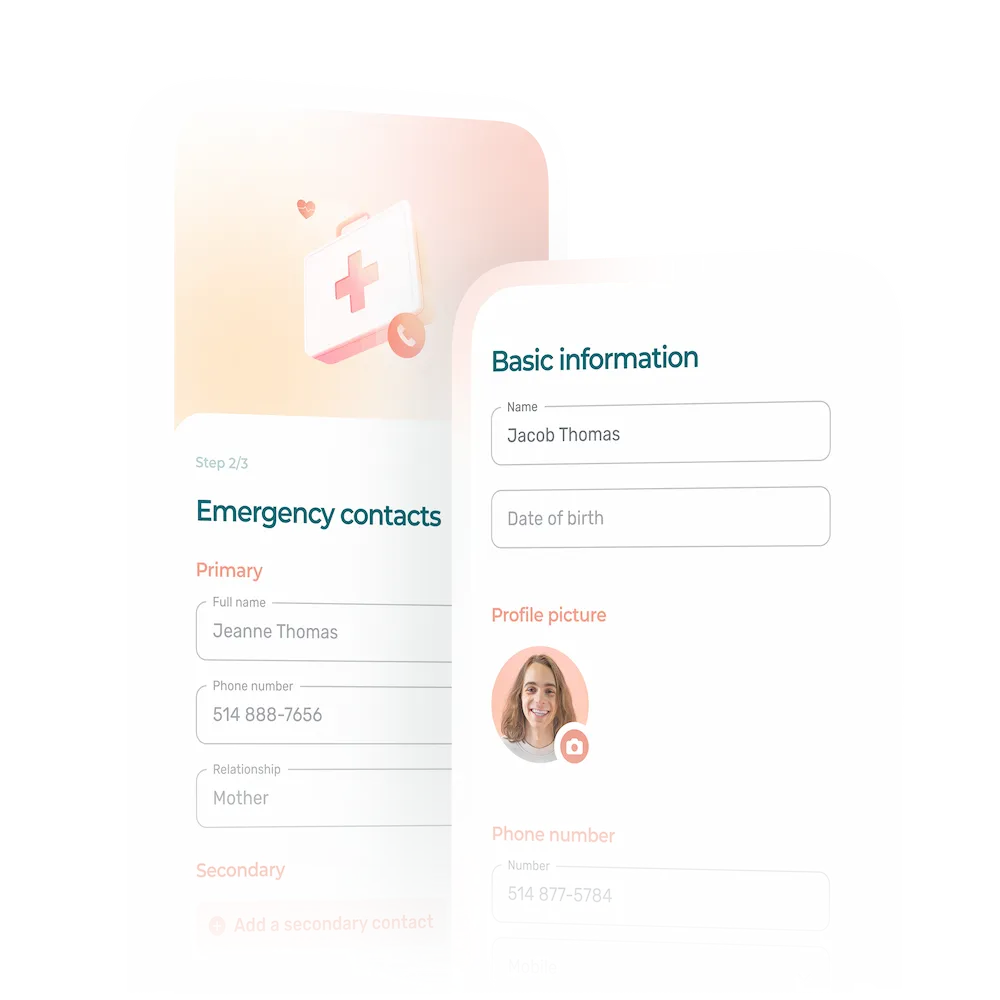Employees’ technical skills are not static or frozen in time. In order to have competent employees, it’s essential to encourage them to develop and update their knowledge.
Technical skills—also called “hard skills”—refer to the knowledge and expertise specific to a given trade, and are what allow employees to perform their tasks effectively.
These are not to be confused with behavioral skills (“soft skills” or personal competencies applicable to a wide range of jobs).
In this post, you’ll learn more about why it’s crucial to develop your employees’ technical skills, as well as which ones are most important to focus on and how to better structure your team members’ professional development. Happy reading!
The Importance of Developing Your Employees’ Technical Skills
When you provide your team members with skill development opportunities, you will find it easier to retain talent and promote internal mobility at your organization.
It also demonstrates that you care about your employees’ professional evolution and value their expertise.
Skill development is an important benefit for many people who are seeking employment. You can also make your employer brand shine by showcasing the training opportunities you offer.
From an organizational perspective, employees with stronger technical skills are sure to provide better customer service and higher-quality work. They will also almost certainly be more productive and efficient. In short, for both companies and employees, skill development has a host of powerful benefits.
A Few Examples of Technical Skills in Demand on the Job Market:
- Sales techniques
- Writing skills
- Computer knowledge
- Proficiency with the Google suite
- Programming
- Video editing
- Photography
Our Tips for Better Structuring Your Employees’ Training
Draw Up a Portrait of Your Employees’ Skills
When it comes to skill development, the first step is always to take stock of where things currently stand. Begin by evaluating and observing the status of each employee’s technical skills in order to be able to offer helpful and relevant training.
To properly assess the skills of your employees, rate their level of expertise on a scale:
- Beginner: rudimentary knowledge and skills that allow the employee to handle routine situations that present little difficulty.
- Intermediate: solid knowledge and abilities that make the employee independent and ready to handle challenges.
- Advanced: in-depth knowledge and ability to manage complex situations and make recommendations in order to improve existing procedures.
- Expert: specialized knowledge and ability that set the employee apart as a go-to person in their field who is able to establish new ways of doing things when necessary.
For example, if you’re a manager at a pharmacy, you may find that some of your clerks are unaware of health and safety rules or that not all your lab technicians are up to speed on the new practices in place.
Assessing your employees’ skills will also help you better grasp the strengths and weaknesses of your team members, and pinpoint any gaps that need to be addressed.
Keep track of your results in your employee records for reference. Some scheduling software even offer HR solutions that allow you to better manage the information pertaining to each of your employees.
💡 Don’t forget to continue to follow up on technical skills during performance evaluations.
Emphasize Internal Training
One of the easiest and least expensive ways to update your employees’ technical skills is by offering in-house training.
This can take several forms, from self-directed study (reading, podcasts, online research, assignments, etc.) to in-person training led by a team member, internal online training, etc.
You can have your most expert employees share their knowledge with their colleagues. This has the added benefit of helping your employees develop their bond of trust.
Here Are Some Examples of Training to Offer:
- Sommelier course for waiters at a restaurant
- Training on the use of scheduling software
- Tasting of the new dishes offered by your catering business
- Training on POS software at a retail business
- Presentation of new products by the marketing team
- Role-playing exercise led by a manager to improve customer service
- Mentoring
💡This is an easier, more informal, and friendlier way for any type of business to encourage its employees to develop their technical skills.
Get External Training
External training is often an interesting way to develop the technical skills of your more experienced employees. It also requires much less involvement on your part. This makes it an ideal solution for organizations that lack the resources necessary to set up complex internal training.
Here, external training refers to any training that is not created and delivered by someone at your organization. This can include bringing in a speaker, paying for your employees to attend a conference, covering part or all of a training course, etc.
💡 Did you know that some companies have an obligation to develop their employees’ skills? Take the time to check if this applies to your company.
Discuss Technical Skills During Your One-On-Ones
To provide helpful and relevant training, it’s essential that you discuss it with your team members. Take the time to address training in your one-on-one meetings.
This will give you a better handle on the needs and ambitions of your employees. You can then suggest training plans that they will really want to follow. Who knows… you may also find out that one of your employees is interested in a management position or would like to change departments to expand their horizons!
💡 Regularly discussing training also helps with retaining talent at your company.
More Competent Employees Make for More Efficient Companies
Your employees’ technical skills are absolutely central to their performance. And they greatly influence the quality of their work. It’s no wonder why companies that actively help develop their employees’ technical skills often enjoy greater success.










